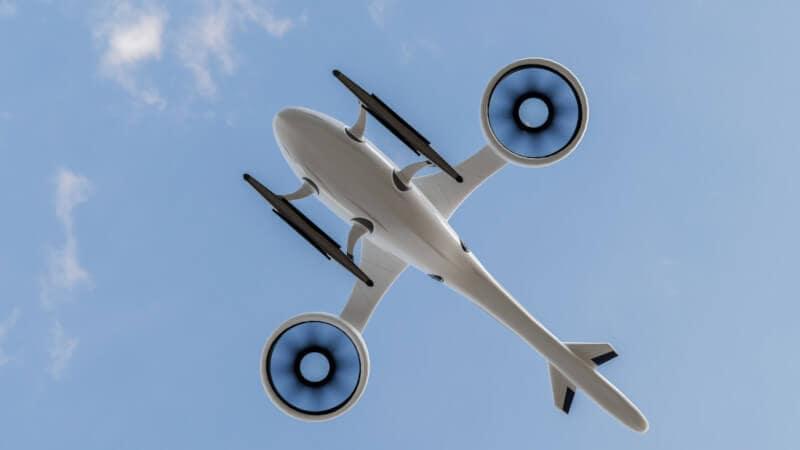PWC has published a report entitled Advanced Air Mobility, UK economic impact study to provide a detailed analysis of potential socioeconomic impact to 2040. PWC assessed the viability of Advanced Air Mobility (AA in the UK based on a comparative analysis of six AAM use cases against current travel and freight options, using a similar socioeconomic methodology to its 2021 study for the Future Flight Challenge (FFC).
PWC found that the AAM use cases with longer distances and higher occupancy are attractive compared to existing options. Scaling the attractive use cases out to 2040 their annual impact could be:
– GBP2.1bn in annual socioeconomic benefit for the UK economy
– GBP297m in fare values
– 222m tons CO2e reduction in annual emissions, equivalent to taking 120,000 diesel cars off the road
PWC found that shorter-distance, lower occupancy use cases were not attractive compared to existing transport options.
According to PWC, there are multiple challenges that must be addressed to enable AAM to flourish. These include perception, infrastructure, technology, safety and security, regulation, business models and skills. Actions to address AAM challenges will be most effective if focussed on compelling use cases.
The report discusses the company’s approach to determining UK AAM potential, maps the AAM ecosystem, discusses the challenges associated with AAM adoption and follows this with a detailed breakdown of our economic modelling approach and key findings.
For more information visit:




